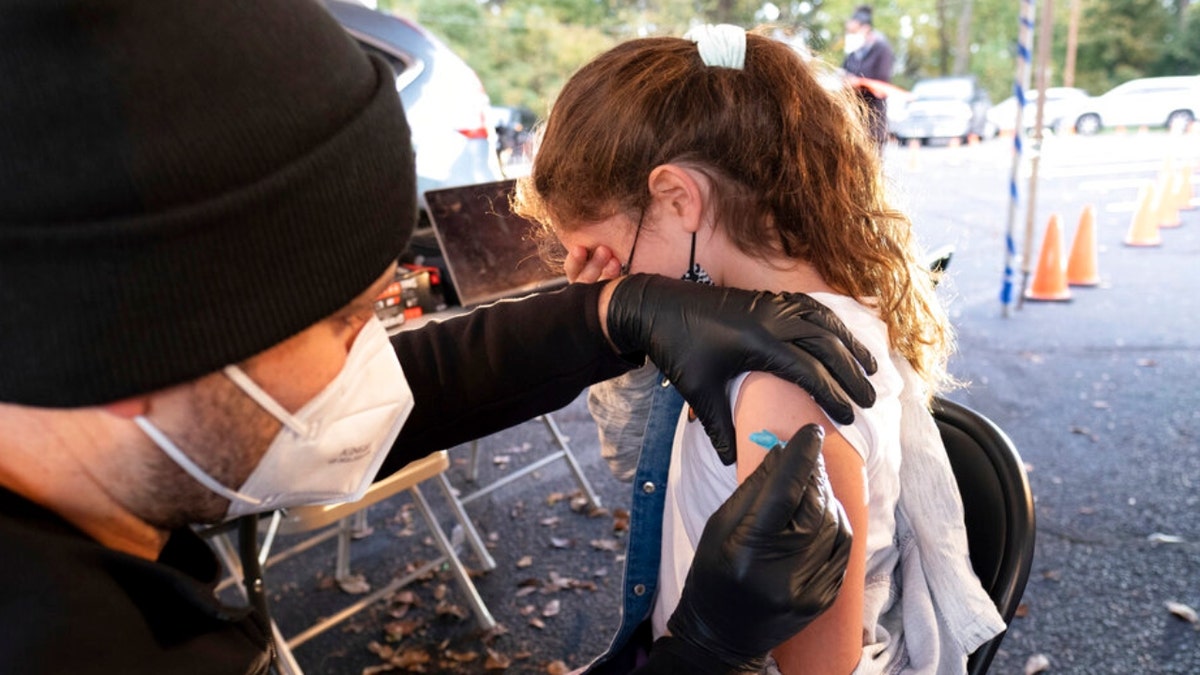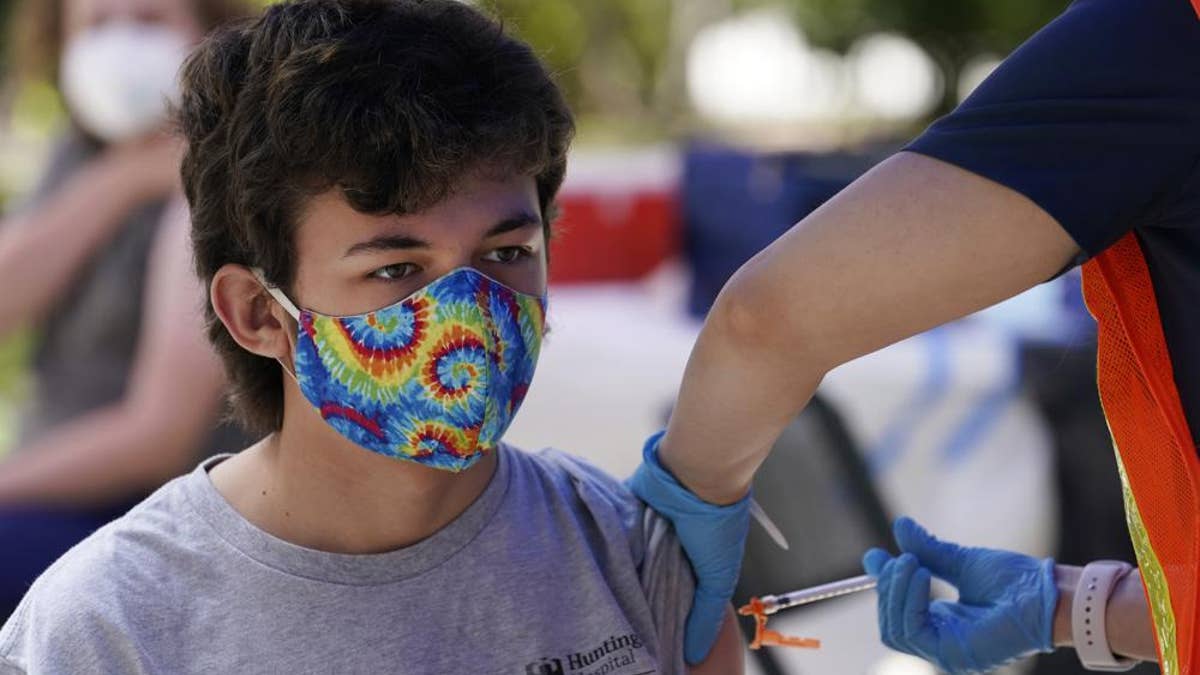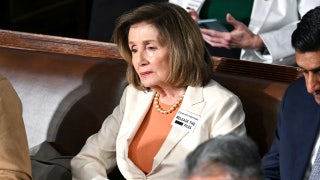CDC could cause 'unintended harm’ by adding COVID shot to kids’ vaccine schedule: Dr. Marty Makary
Fox News contributor and medical professor at Johns Hopkins University Dr. Marty Makary argues the CDC will reverse years of public trust in vaccines by recommending a vaccine without publicizing the clinical trial data.
The CDC's decision to add the COVID-19 vaccine to the list of recommended childhood vaccines without publicizing clinical trial data could cause "unintended harm," Johns Hopkins School of Medicine professor Dr. Marty Makary said Thursday, warning that the move will further fuel vaccine hesitancy surrounding childhood immunizations.
The CDC's advisory committee on Immunization Practices voted unanimously Thursday to approve the agency's new recommended immunization schedules for adults and children for 2023, which includes vaccination for COVID-19 for children as early as 6 months old.
The addition of the COVID vaccine marks the first of its kind to be added to the CDC's list without offering clinical data to support its benefit, Makary told "America Reports." While the vote does not serve as official policy, the CDC's recommendations do have a wide influence on how states decide which vaccinations to require for children to attend school, the Fox News medical contributor said.

Leah Lefkove, 9, covers her face as her dad, Dr. Ben Lefkove, gives her the first COVID-19 vaccine at the Viral Solutions vaccination and testing site in Decatur, Ga., on the first day COVID-19 vaccinations were available for children from 5 to 12 on Nov. 3, 2021. (AP Photo/Ben Gray)
"We saw the same thing with school policy. The CDC argued they did not close schools, they just sent out the guidance. But local authorities will often blindly follow whatever the CDC does and if the CDC is truly putting this on the vaccination schedule as they just voted to do, this will be the first-ever vaccine where there is no evidence to show a reduction in disease in the community," Makary told Fox News host John Roberts.
Makary said the decision to recommend the COVID vaccine as a requirement for young children without proving clinical benefit could shake public confidence in childhood vaccines overall, which have become routine for many families.
"It threatens the credibility of MMR and polio and many other vaccines for which it has taken 50 years to build public trust," he warned.
ND STORED THOUSANDS OF COVID-19 VACCINE DOSES AT INCORRECT TEMPERATURES FOR PAST 2 YEARS

Finley Martin, 14, gets a shot of the Pfizer COVID-19 vaccine at the First Baptist Church of Pasadena on May 14, 2021, in Pasadena, California. (AP Photo/Marcio Jose Sanchez, File)
"Right now, parents are asking where is the clinical data to support this vaccine in young healthy children. For the new omicron vaccine, which is the current vaccine that is being recommended, the human trials were never made public. Instead, Pfizer and Moderna gave a top-line announcement in a press release, the underlying data is top secret," Makary explained.
"Shame on them," he continued, calling out FDA Commissioner Dr. Robert Califf, White House COVID response coordinator Dr. Ashish Jha and CDC Director Dr. Rochelle Walensky.
"That data should be public information. Why is it top secret?" Makary asked. "We believe it's because it’s similar to the baby vaccine data, which was not favorable, it showed no clinical benefit. So, 94% of Americans have said no to this new omicron vaccine because the clinical trial data is not public."
"There will be unintended harm from a broad adoption without showing benefit," he added.
CLICK HERE TO GET THE FOX NEWS APP
Ahead of Thursday's vote, Fox News medical contributor Dr. Marc Siegel pointed to the COVID vaccine's inability to prevent spread like other longtime vaccinations on the CDC list.
"Nobody questions a hepatitis vaccine or measles, mumps, rubella vaccine for school, because it really prevents spread," Siegel told "The Faulkner Focus." "The rub with this vaccine — it doesn't prevent spread."











































